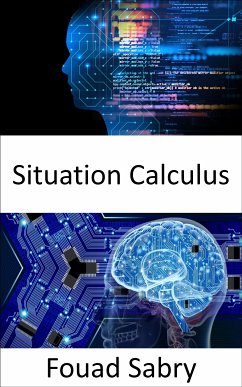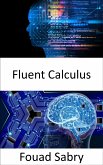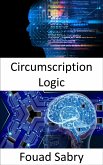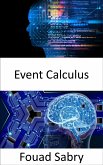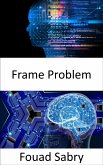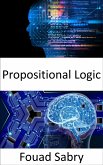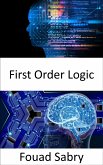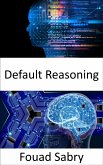What Is Situation Calculus
A logic formalism known as the situation calculus has been developed for the purpose of expressing and reasoning about dynamical domains. John McCarthy was the one who initially proposed it back in 1963. This article's primary presentation of the situational calculus is primarily based on a model that was initially presented by Ray Reiter in the year 1991. After that comes some information regarding McCarthy's revised version from 1986 as well as a logic programming approach.
How You Will Benefit
(I) Insights, and validations about the following topics:
Chapter 1: Situation Calculus
Chapter 2: First-order Logic
Chapter 3: Frame Problem
Chapter 4: Propositional Calculus
Chapter 5: Fluent (artificial intelligence)
Chapter 6: Event Calculus
Chapter 7: Fluent Calculus
Chapter 8: Resolution (logic)
Chapter 9: Circumscription (logic)
Chapter 10: Yale Shooting Problem
(II) Answering the public top questions about situation calculus.
(III) Real world examples for the usage of situation calculus in many fields.
(IV) 17 appendices to explain, briefly, 266 emerging technologies in each industry to have 360-degree full understanding of situation calculus' technologies.
Who This Book Is For
Professionals, undergraduate and graduate students, enthusiasts, hobbyists, and those who want to go beyond basic knowledge or information for any kind of situation calculus.
A logic formalism known as the situation calculus has been developed for the purpose of expressing and reasoning about dynamical domains. John McCarthy was the one who initially proposed it back in 1963. This article's primary presentation of the situational calculus is primarily based on a model that was initially presented by Ray Reiter in the year 1991. After that comes some information regarding McCarthy's revised version from 1986 as well as a logic programming approach.
How You Will Benefit
(I) Insights, and validations about the following topics:
Chapter 1: Situation Calculus
Chapter 2: First-order Logic
Chapter 3: Frame Problem
Chapter 4: Propositional Calculus
Chapter 5: Fluent (artificial intelligence)
Chapter 6: Event Calculus
Chapter 7: Fluent Calculus
Chapter 8: Resolution (logic)
Chapter 9: Circumscription (logic)
Chapter 10: Yale Shooting Problem
(II) Answering the public top questions about situation calculus.
(III) Real world examples for the usage of situation calculus in many fields.
(IV) 17 appendices to explain, briefly, 266 emerging technologies in each industry to have 360-degree full understanding of situation calculus' technologies.
Who This Book Is For
Professionals, undergraduate and graduate students, enthusiasts, hobbyists, and those who want to go beyond basic knowledge or information for any kind of situation calculus.
Dieser Download kann aus rechtlichen Gründen nur mit Rechnungsadresse in A, B, BG, CY, CZ, D, DK, EW, E, FIN, F, GR, H, IRL, I, LT, L, LR, M, NL, PL, P, R, S, SLO, SK ausgeliefert werden.

